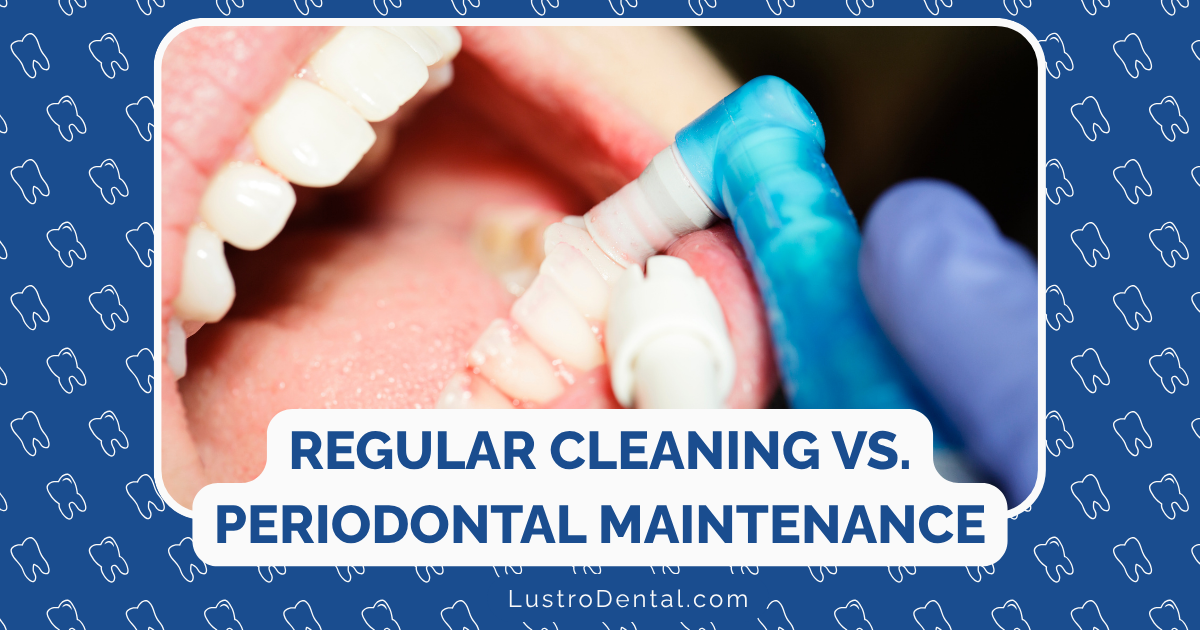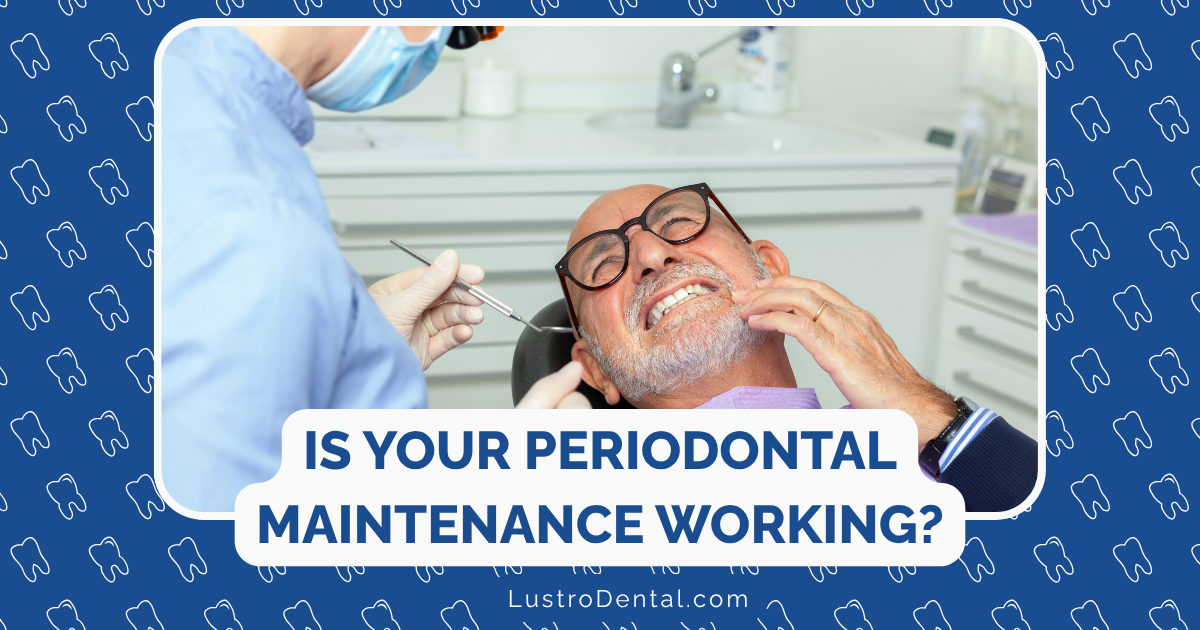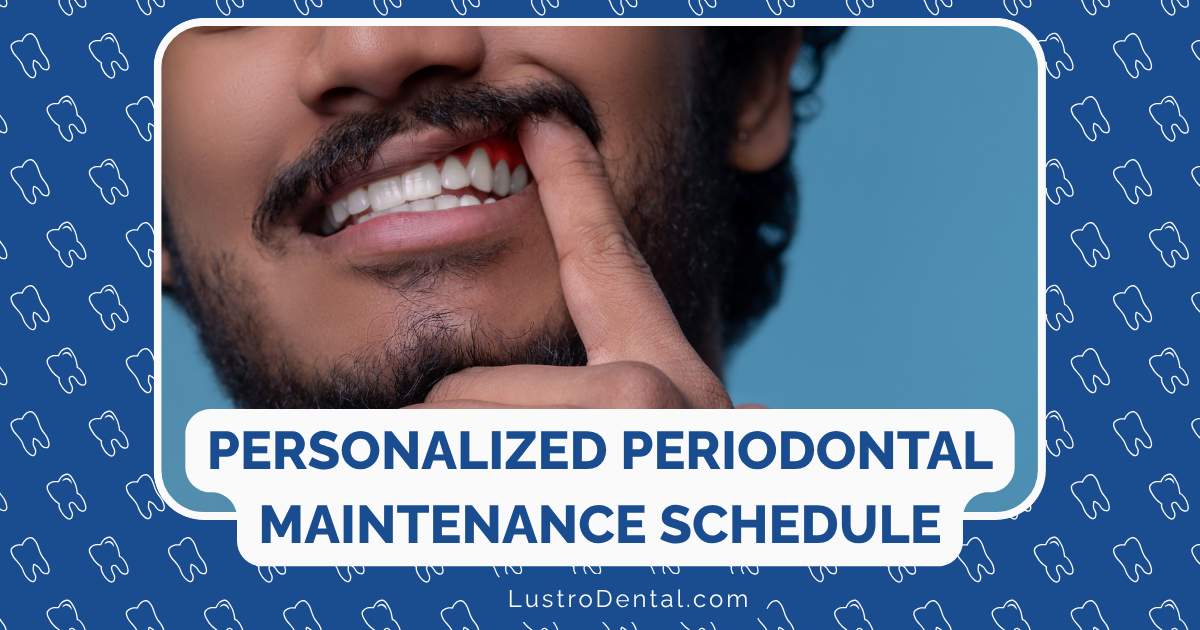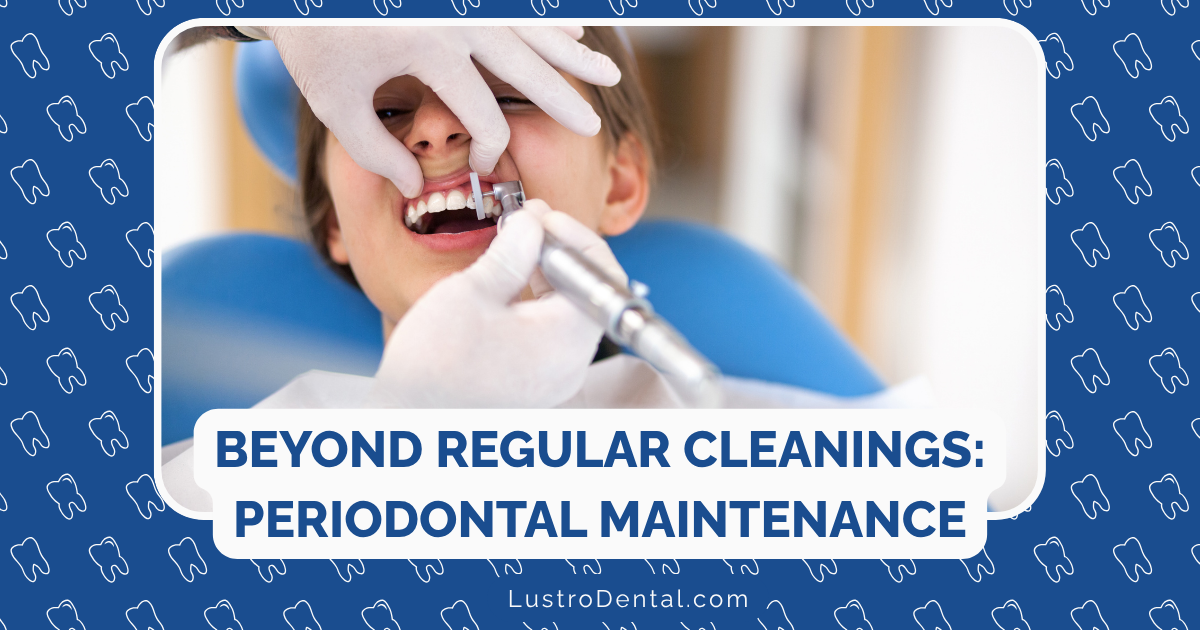How Your Gums Affect Your Heart: The Perio-Cardiac Connection Explained

When I talk to my patients about gum disease, most are surprised to learn that the health of their mouth could significantly impact their heart. It’s a connection that deserves more attention, especially considering that heart disease remains the leading cause of death worldwide.
The relationship between your gums and your heart isn’t just dental industry talk—it’s backed by substantial scientific research. People with periodontal disease are two to three times more likely to experience a heart attack, stroke, or other serious cardiovascular event compared to those with healthy gums.
Let’s explore this crucial connection and what it means for your overall health.
The Silent Link: How Gum Disease Affects Your Cardiovascular System
Periodontal disease begins innocently enough—a little bleeding when you brush, some tenderness around the gumline. But beneath the surface, a complex inflammatory process is taking place that can have far-reaching effects.
The Inflammation Highway
The primary connection between periodontal disease and heart health is inflammation. When bacteria build up in your gums, your body responds with an inflammatory defense. This inflammation doesn’t always stay contained to your mouth.
Dr. Thomas Van Dyke, senior member of staff at The Forsyth Institute, explains: “Inflammation is the critical link. The same inflammatory processes that damage gum tissues can travel throughout the body’s blood vessels, contributing to arterial damage and atherosclerosis.”
This systemic inflammation creates a domino effect:
- Gum inflammation releases inflammatory markers like C-reactive protein and interleukins
- These markers enter the bloodstream
- They contribute to arterial inflammation throughout the body
- This inflammation promotes plaque buildup and instability in the arteries
- Ultimately, this increases the risk of heart attacks and strokes
Bacterial Invasion: From Mouth to Heart
Recent research published in Science Daily in May 2025 revealed something even more concerning: the bacterium Porphyromonas gingivalis, a major player in gum disease, can directly infiltrate heart tissue.
This bacterium doesn’t just cause inflammation—it can actually travel from infected gums into the bloodstream and establish itself in heart tissue, causing:
- Scar tissue buildup (fibrosis) in the heart
- Disruption of normal heart architecture
- Interference with electrical signals
- Increased risk of atrial fibrillation (AFib)
The study found that mice infected with this oral bacterium showed 21.9% heart scarring after 12 weeks, compared to 16.3% in uninfected controls. Even more telling, when researchers examined heart tissue from 68 AFib patients undergoing surgery, they found P. gingivalis present, with higher amounts in those with severe gum disease.
The Two-Way Street: Shared Risk Factors
The relationship between periodontal disease and cardiovascular problems is complex, partly because they share many risk factors:
- Smoking: Damages blood vessels and gum tissue
- Diabetes: Affects blood flow and increases infection risk
- Poor nutrition: Impacts immune function and tissue health
- Stress: Increases inflammation throughout the body
- Age: Risk increases as we get older
These shared risk factors create what scientists call a “bidirectional relationship”—each condition can influence and potentially worsen the other.
Warning Signs: When Your Mouth Is Telling You Something
Your mouth often shows signs of trouble before your heart does. Pay attention to these periodontal warning signs:
- Bleeding gums when brushing or flossing
- Receding gumline exposing more of your teeth
- Persistent bad breath that doesn’t improve with brushing
- Loose teeth or changes in how your teeth fit together
- Red, swollen, or tender gums
If you’re experiencing these symptoms, it’s important to see a dental professional promptly—not just for your oral health, but potentially for your heart health as well.
The Numbers Don’t Lie: Research Findings
The evidence linking periodontal disease to cardiovascular problems continues to grow stronger:
- According to the American Heart Association, people who floss regularly experience a 22% lower risk of ischemic stroke and a 44% lower risk of cardioembolic stroke compared to non-flossers.
- A meta-analysis published in the American Journal of Medicine found that patients with periodontitis have a 31% higher risk of developing atrial fibrillation, even after adjusting for other risk factors.
- Research from the Journal of Periodontology shows that periodontal disease is associated with a 2.79-fold increased risk of coronary artery disease.
- According to the American Academy of Periodontology, periodontal disease may exacerbate existing heart conditions and increase the risk of endocarditis, a serious infection of the heart’s inner lining.
Breaking the Chain: How to Protect Both Your Gums and Heart
The good news in all of this? Periodontal disease is largely preventable and treatable. Here’s how to protect both your oral and cardiovascular health:
1. Maintain Rigorous Oral Hygiene
- Brush thoroughly twice daily with fluoride toothpaste
- Floss daily to remove plaque between teeth
- Use an antimicrobial mouthwash to reduce bacteria
- Replace your toothbrush every 3-4 months
2. Regular Dental Checkups
Professional cleanings remove hardened plaque (tartar) that home care can’t address. Your dentist can also spot early signs of gum disease before they become serious.
3. Know Your Risk Factors
If you have a family history of heart disease or other risk factors, be extra vigilant about your oral health. Make sure your cardiologist knows about any dental issues, and vice versa.
4. Lifestyle Modifications
The same lifestyle changes that benefit your heart also help your gums:
- Quit smoking: Smoking increases inflammation and reduces blood flow to the gums
- Eat an anti-inflammatory diet: Rich in fruits, vegetables, omega-3 fatty acids, and low in processed foods
- Manage stress: Chronic stress contributes to inflammation throughout the body
- Control blood sugar: Especially important if you have diabetes
5. Early Intervention
If you do develop periodontal disease, aggressive treatment can help limit its systemic effects. Treatments may include:
- Scaling and root planing (deep cleaning)
- Antibiotic therapy to control infection
- More frequent maintenance visits
- In advanced cases, surgical intervention may be necessary
The Collaborative Approach: Dentists and Cardiologists Working Together
Healthcare is evolving toward a more integrated approach. Many forward-thinking practices now include:
- Cardiovascular risk assessments in dental offices
- Dental examinations as part of cardiac care
- Cross-referrals between dental and medical professionals
Dr. Sarah Cummings, cardiologist at Cleveland Clinic, notes: “We’re increasingly recognizing that oral health screening should be part of cardiovascular care. I often ask my heart patients about their dental health and encourage regular dental visits as part of their overall heart health management.”
Beyond the Heart: The Broader Systemic Connection
The periodontal-cardiovascular connection is just one aspect of the mouth-body relationship. Research also links periodontal disease to:
- Stroke: Particularly ischemic and cardioembolic strokes
- Diabetes: A bidirectional relationship where each condition can worsen the other
- Respiratory diseases: Including pneumonia and COPD
- Certain cancers: Including kidney, pancreatic, and blood cancers
- Alzheimer’s disease: Through bacterial invasion and inflammatory pathways
This expanding body of evidence reinforces the importance of oral health as a vital component of overall wellness.
The Bottom Line: Your Mouth Matters
The connection between your gums and your heart isn’t just an interesting scientific finding—it’s a call to action. By taking care of your oral health, you’re also taking a proactive step toward protecting your heart.
Remember that periodontal disease often develops silently, with few obvious symptoms in its early stages. Regular dental checkups are your best defense, allowing for early detection and treatment before the condition can affect your cardiovascular system.
Your mouth is the gateway to your body. Keep it healthy, and your heart will thank you.







